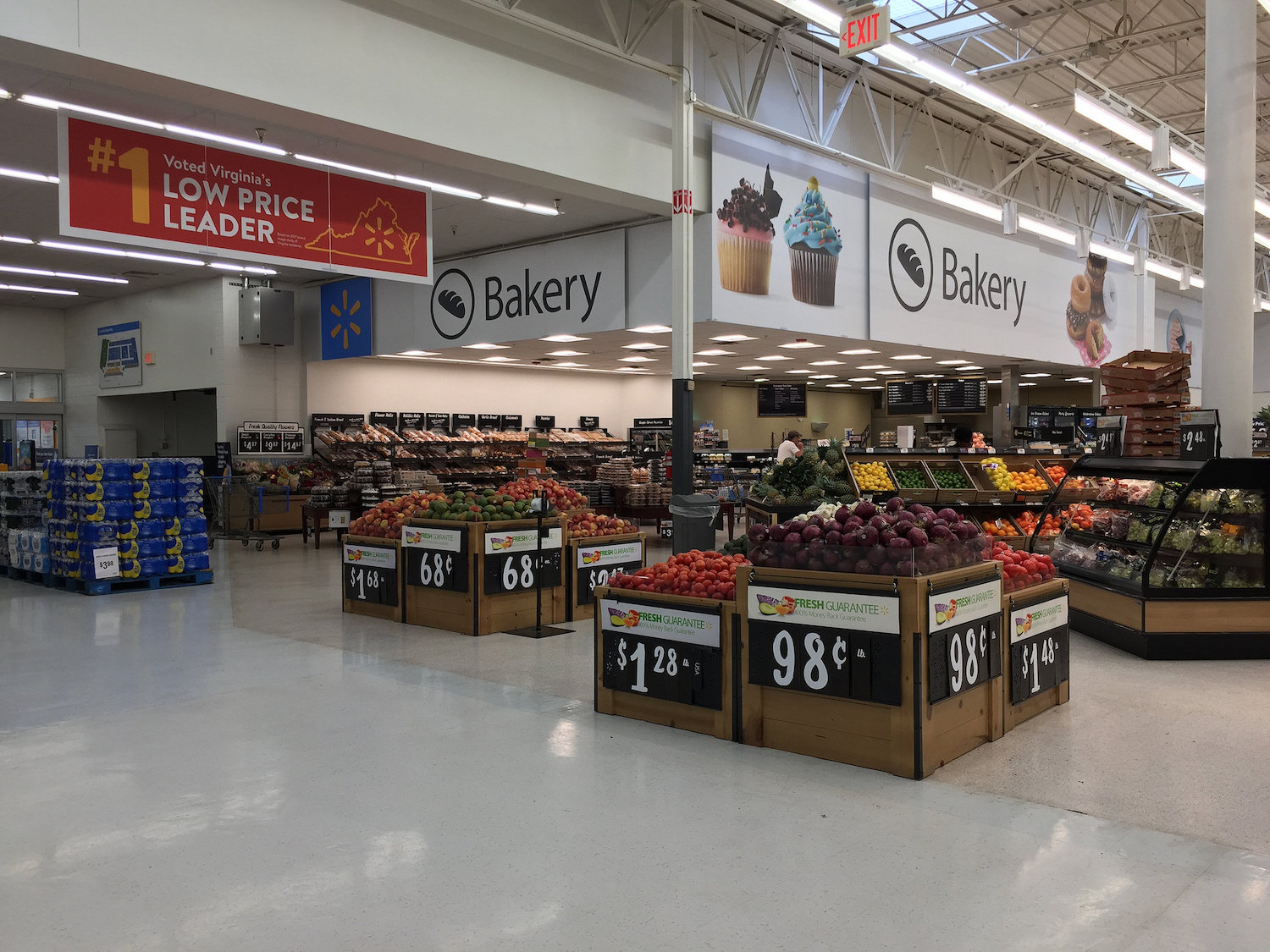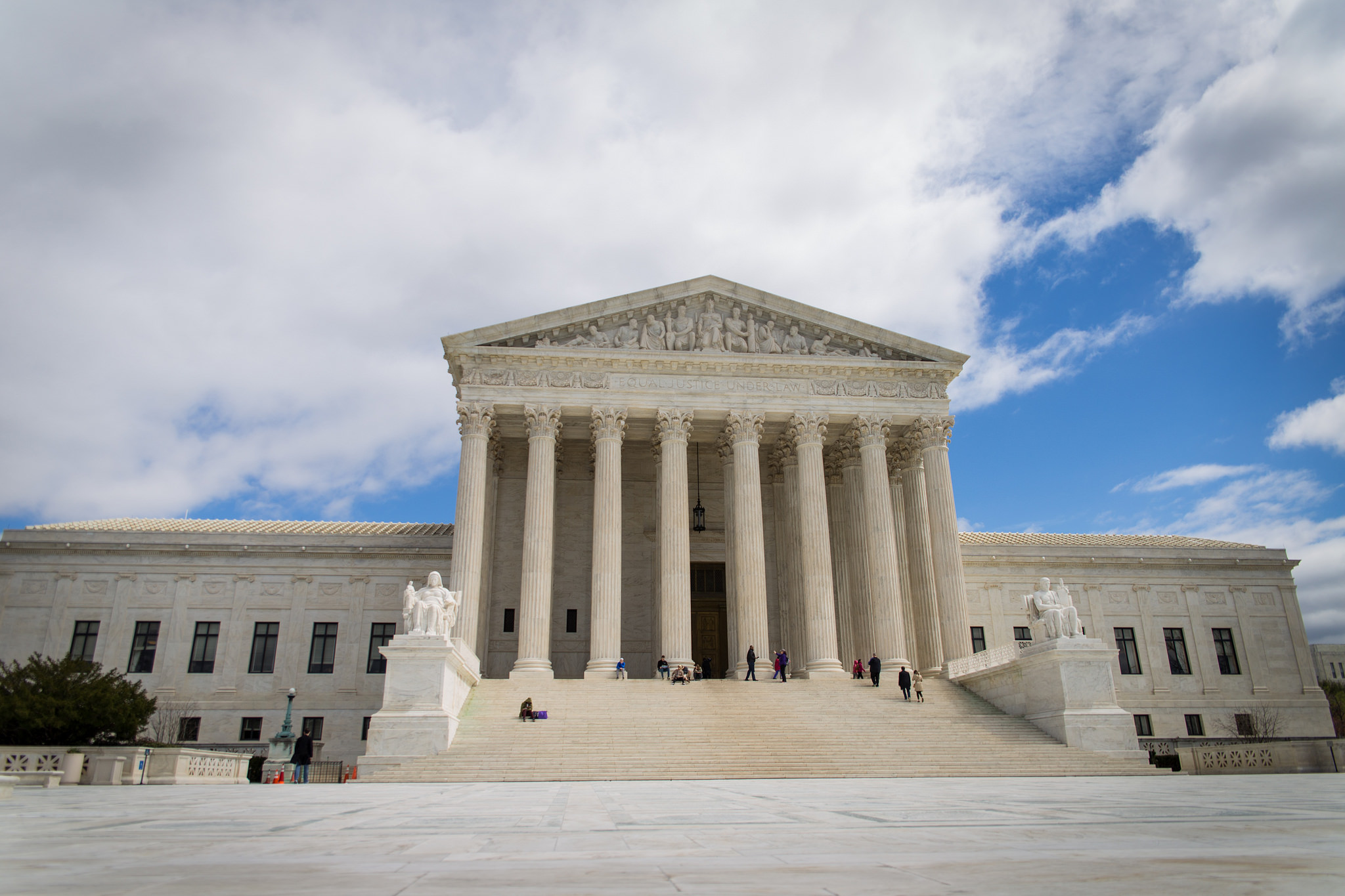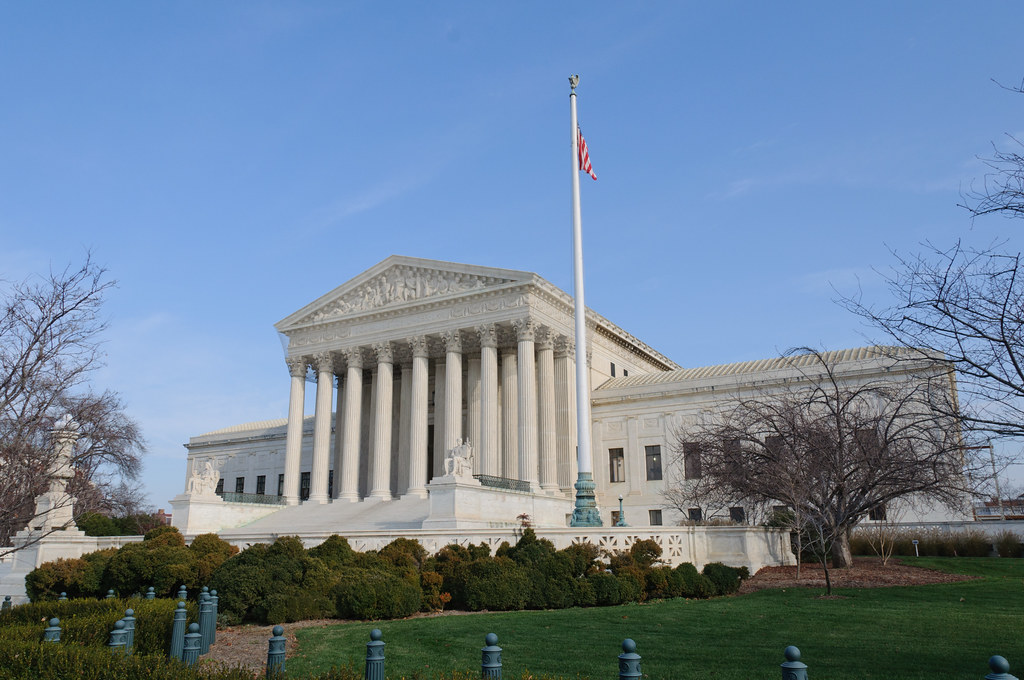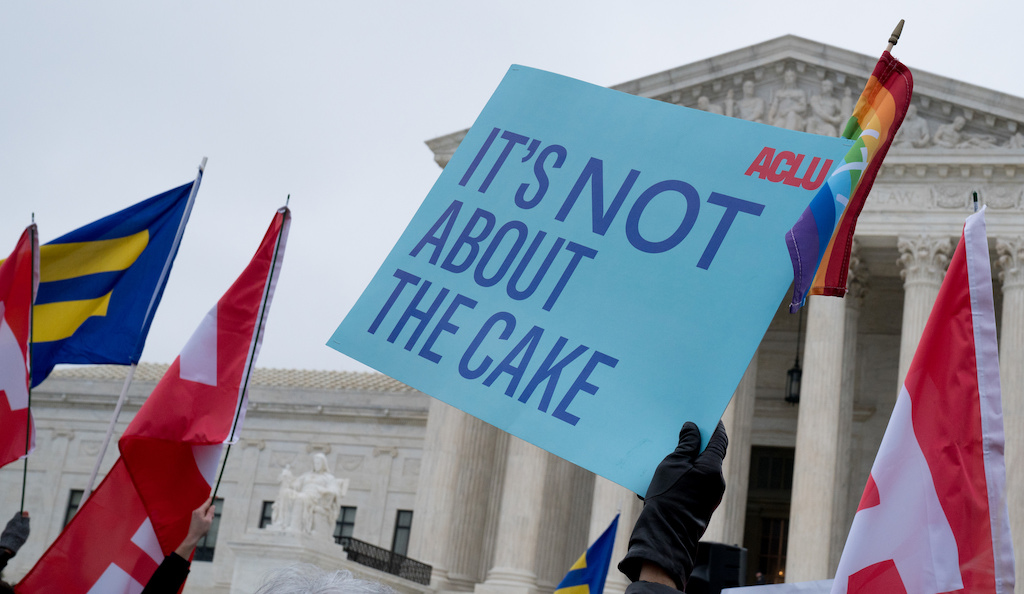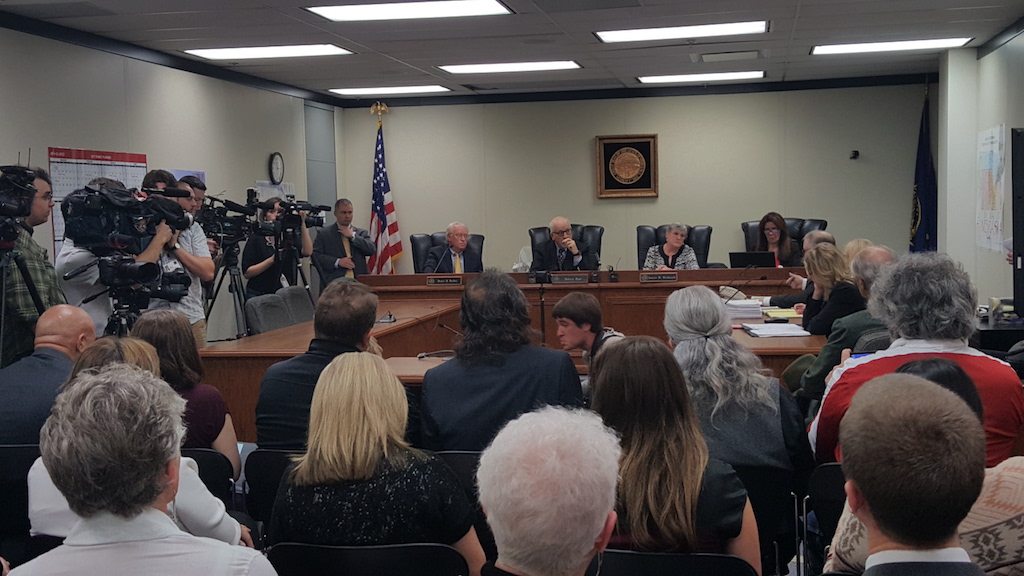The Supreme Court has agreed to hear a case that will determine whether or not the public ever learns how much money grocery stores collect from the $70-billion food stamp program.
In late 2010, journalists from South Dakota’s Argus Leader newspaper submitted a Freedom of Information Act (FOIA) request asking the United States Department of Agriculture (USDA) to disclose how much money each retailer collects from the taxpayer-funded Supplemental Nutrition Assistance Program (SNAP, formerly known as food stamps). These data have never been made public, though there’s reason to believe retailers like Walmart earn the lion’s share of the program dollars. In 2013, The Wall Street Journal reported that the company had collected about $14 billion in food stamps sales that year, after a vice president said so at a dinner party and the company confirmed. That was the last time any figure was publicly disclosed.
The Agriculture Department declined to release SNAP sales figures to the Leader, citing a FOIA exemption that protects confidential business information. Retailer interest groups have argued that grocery stores operate on razor-thin profit margins and disclosing any sales data may endanger their bottom lines. Therefore, they say, SNAP sales should remain a secret.
After a series of rulings and appeals, USDA stopped defending the case and the Food Marketing Institute (FMI), an industry group representing food retailers and wholesalers, intervened on its behalf. In May of 2018, the Eighth Circuit ruled on behalf of the Leader.
The Food Marketing Institute then appealed that decision to the Supreme Court, which brings us to the present moment. It’s highly significant that the justices have agreed to hear this case: Of the 7,000 to 8,000 cases lawyers hope to try before the court each year, only about 80 make it to this stage, according to SCOTUSblog.
Other retail groups were quick to file amicus briefs alongside FMI. The Retail Litigation Center, the Chamber of Commerce, and even the Alliance of Marine Mammal Parks & Aquariums all asked the court to consider FMI’s appeal.
According to the brief by the Chamber of Commerce, the resolution of this case has implications for “industries as diverse as nuclear waste disposal, banking, real estate development, manufacturing, agriculture, and the importation of nonhuman primates.” The kinds of information protected by the FOIA business information exemption, the Chamber adds, may be interpreted to include everything from quality inspections at food processing facilities to financial audits.
As journalists, we already see the competitive harm exemption invoked pretty broadly. State and federal agencies have claimed to NFE reporters that seemingly irrelevant data points are protected from disclosure: the number of workers in a facility, the number of injuries at a factory, the exact nature of a safety violation. The FOIA exemption in question was also the one used to prevent journalists from accessing cities’ bids for Amazon’s second headquarters.
A Supreme Court ruling that signs off on a broad interpretation of the law could have serious implications for our industry. As the Chamber of Commerce noted, a ruling could impact the release of inspections reports from food processing facilities, documents we’ve used to reveal that a 200-million-egg salmonella recall was caused by an “ongoing rodent infestation.” It’s hard to imagine a rodent infestation being the secret ingredient for a farm’s success, but the decision is in the Court’s hands now.
The Supreme Court has not yet scheduled oral arguments for this case.
